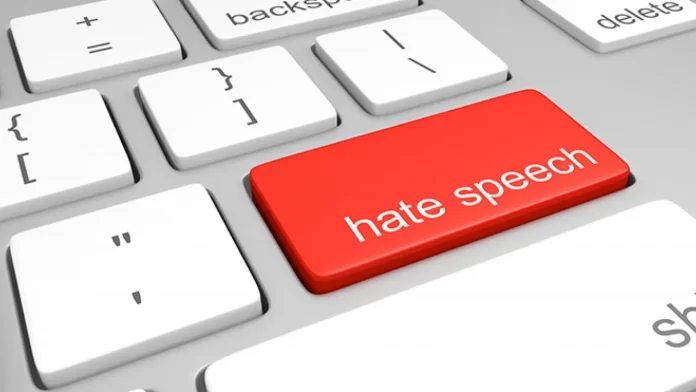Raipur, April 5: In the wake of anti-Muslim violence fueled by online hate speech, concerns are mounting as India gears up for upcoming general elections. The recent murder of Pervez Qureshi’s brother, Faheem, in Haldwani, Uttarakhand, sheds light on the alarming role of social media in exacerbating sectarian tensions.
Pervez Qureshi, grieving the loss of his brother, blames the dissemination of inflammatory content on platforms like Facebook and WhatsApp for inciting the killers. He recounts how videos and messages containing hate speech poisoned the atmosphere, ultimately leading to Faheem’s tragic death at the hands of Hindu neighbors.
India’s internet landscape has witnessed a significant expansion, with nearly 550 million more individuals gaining access since Prime Minister Narendra Modi assumed office. Modi’s Hindu-nationalist Bharatiya Janata Party (BJP) is poised for a potential third term, buoyed by a formidable online campaign apparatus that extols the party’s achievements.
While supporters laud Modi’s use of social media for fostering nationalism, critics warn of its darker implications. Community leader Islam Hussain cites the proliferation of divisive rhetoric branding Muslims as “outsiders” as a precursor to the violence that erupted in Haldwani.
The spark for the violence was ostensibly a dispute over the legality of a mosque, but tensions had been simmering for months, fueled by online vitriol. Hindu mobs, goaded by calls to action on social media, rampaged through the streets, resulting in chaos and bloodshed.
Manish Saini, a youth leader of the BJP’s “IT Cell” in Uttarakhand, denies allegations of promoting violence but acknowledges the rapid dissemination of information by his team. He attributes the initial clashes to Modi’s political opponents, accusing them of instigating riots to besmirch the government’s reputation.
Contrary to Saini’s assertions, critics like Raqib Hameed Naik of Hindutva Watch argue that the BJP’s online machinery actively stokes animosity towards minorities. Naik highlights a disturbing pattern wherein hate speech precedes acts of violence, followed by attempts to scapegoat Muslims for the unrest.
As India braces for the upcoming Lok Sabha elections, the intersection of technology and politics has emerged as a potent catalyst for social discord. The tragic consequences of online hate underscore the urgent need for responsible digital governance and concerted efforts to combat communal polarization.




